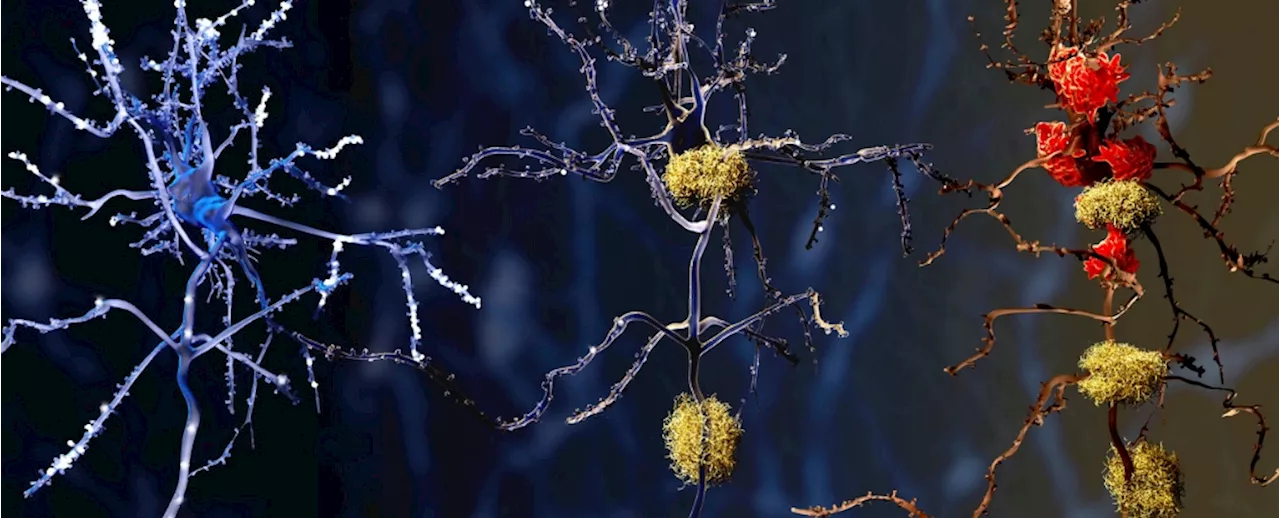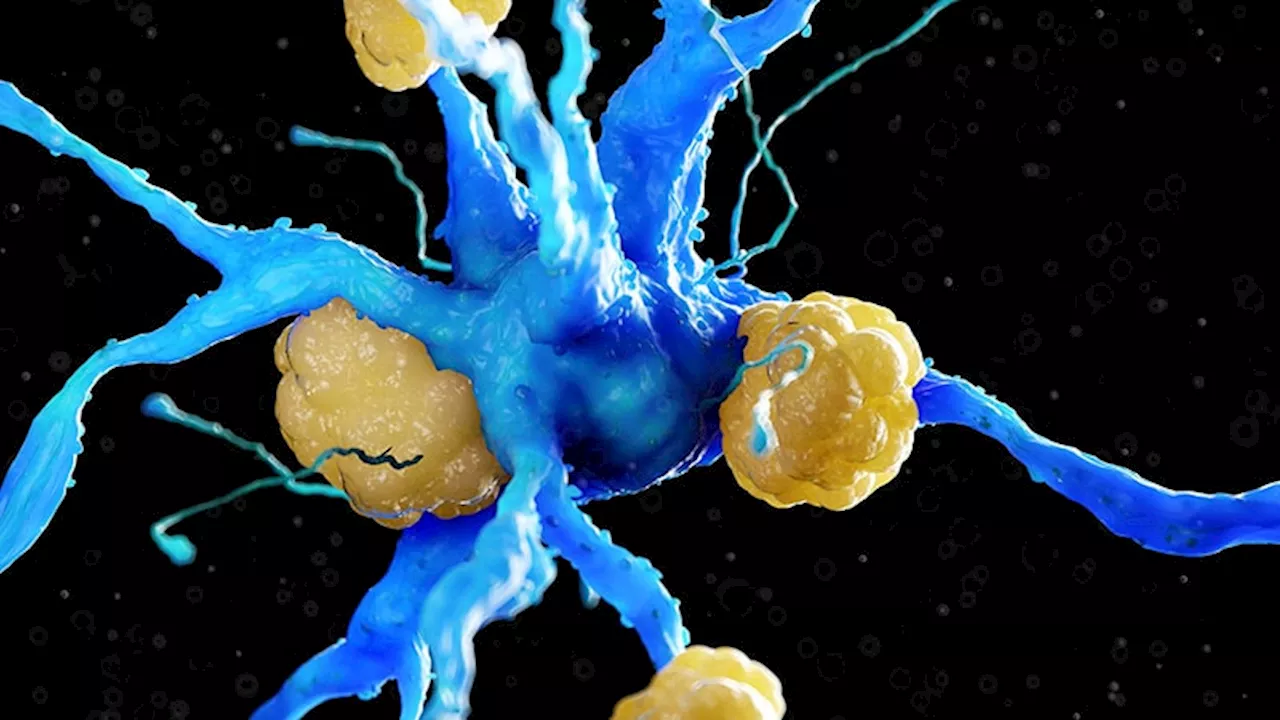New research identifies an association between glyphosate exposure in mice and symptoms of neuroinflammation, as well as accelerated Alzheimer's disease-like pathology. This study tracks both the presence and impact of glyphosate's byproducts in the brain long after exposure ends, showing an array of persistent, damaging effects on brain health.
New research identifies an association between glyphosate exposure in mice and symptoms of neuroinflammation, as well as accelerated Alzheimer's disease-like pathology. This study tracks both the presence and impact of glyphosate's byproducts in the brain long after exposure ends, showing an array of persistent, damaging effects on brain health. The findings suggest the brain may be much more susceptible to the damaging effects of the herbicide than previously thought.
Additionally, the investigation demonstrated that a byproduct of glyphosate -- aminomethylphosphonic acid -- accumulated in brain tissue, raising serious concerns about the chemical's safety for human populations. "My hope is that our work drives further investigation into the effects of glyphosate exposure, which may lead to a reexamination of its long-term safety and perhaps spark discussion about other prevalent toxins in our environment that may affect the brain," Bartholomew says.
The U.S. Geological Survey notes approximately 300 million pounds of glyphosate are used annually in the United States alone. Although glyphosate levels are regulated on foods imported into the United States, enforcement and specific limits can vary. Due to its widespread use, the chemical is found throughout the food chain. It persists in the air, accumulates in soils, and is found in surface and groundwater.
The experiments were conducted over 13 weeks, followed by a six-month recovery period. The main metabolite, aminomethylphosphonic acid, was detected in the brains of both normal and transgenic mice with Alzheimer's pathology. Transgenic mice are genetically modified to carry genes that cause them to develop Alzheimer's-like symptoms as they age. This allows researchers to study the progression and effects of the disease in a controlled laboratory setting.
Healthy Aging Brain Tumor Alzheimer's Dementia Intelligence Mice Biology Animal Learning And Intelligence Severe Weather Environmental Issues Weather
United States Latest News, United States Headlines
Similar News:You can also read news stories similar to this one that we have collected from other news sources.
 Brain Autopsies Reveal a Potential New Culprit Behind Alzheimer'sThe Best in Science News and Amazing Breakthroughs
Brain Autopsies Reveal a Potential New Culprit Behind Alzheimer'sThe Best in Science News and Amazing Breakthroughs
Read more »
 'Jekyll and Hyde' leaders do lasting damage, new research showsEmployees struggle when supervisors swing between good and bad behavior
'Jekyll and Hyde' leaders do lasting damage, new research showsEmployees struggle when supervisors swing between good and bad behavior
Read more »
 Experts Challenge New Diagnostic Criteria for Alzheimer’sA group of experts is challenging revised diagnostic criteria for Alzheimer’s disease as laid out by the Alzheimer’s Association earlier this year.
Experts Challenge New Diagnostic Criteria for Alzheimer’sA group of experts is challenging revised diagnostic criteria for Alzheimer’s disease as laid out by the Alzheimer’s Association earlier this year.
Read more »
![]() Photographer’s ‘Shot on iPhone’ Project Celebrates Legacy’s Generational ImpactsPhotographer and director Aundre Larrow's new multimedia project, 'Mud,' investigates legacy and its lasting impact.
Photographer’s ‘Shot on iPhone’ Project Celebrates Legacy’s Generational ImpactsPhotographer and director Aundre Larrow's new multimedia project, 'Mud,' investigates legacy and its lasting impact.
Read more »
 New drug targets for Alzheimer's identified from cerebrospinal fluidResearchers have linked disease-related proteins and genes to identify specific cellular pathways responsible for Alzheimer's genesis and progression. The proteins were gathered from cerebrospinal fluid and are a good proxy for activity in the brain. Several of them may be potential targets for therapies.
New drug targets for Alzheimer's identified from cerebrospinal fluidResearchers have linked disease-related proteins and genes to identify specific cellular pathways responsible for Alzheimer's genesis and progression. The proteins were gathered from cerebrospinal fluid and are a good proxy for activity in the brain. Several of them may be potential targets for therapies.
Read more »
 Alzheimer's: Scientists Analyze Body Fluid to Find New Drugs for DiseaseAlzheimer's disease—the most common form of dementia—is a progressive neurological disorder that causes brain cells to degenerate.
Alzheimer's: Scientists Analyze Body Fluid to Find New Drugs for DiseaseAlzheimer's disease—the most common form of dementia—is a progressive neurological disorder that causes brain cells to degenerate.
Read more »
